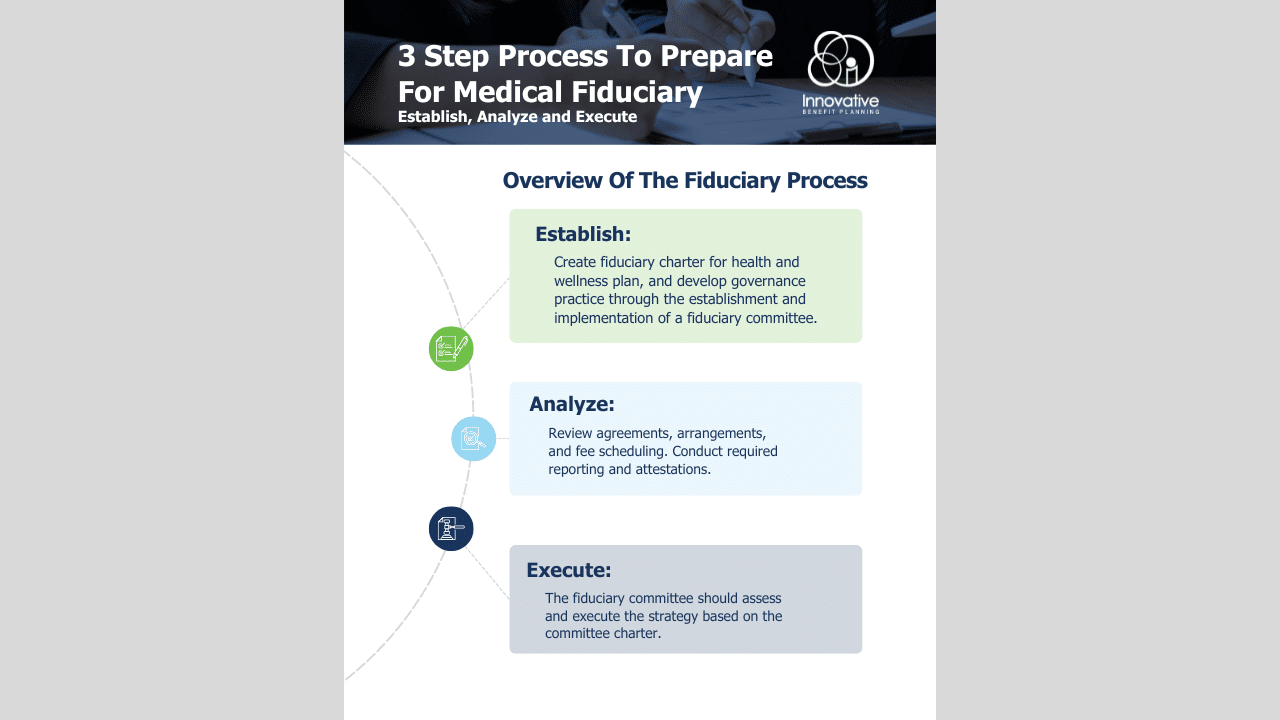On Dec. 16, 2013, the Internal Revenue Service (IRS) issued Notice 2014-1 which provides some answers about covering same-sex spouses under Section 125 plans in light of the Windsor decision. In the Windsor decision, the U.S. Supreme Court ruled that the part of the Defense of Marriage Act (DOMA) that prohibited same-sex marriages for federal law purposes was unconstitutional. This court decision does not require employers to provide coverage to same-sex spouses under their group health or Section 125 plans, but for employers who do cover the same-sex spouses, the IRS has provided some answers.
Under the Section 125 rules, a participant cannot change his or her election during the plan year unless he or she has had a change in status event. Many plans include a change in marital status and a significant change in the cost of coverage as change in status events that allow mid-year changes. The IRS Notice explains how employers should or may allow employees to make mid-year changes to their Section 125 elections because of the Supreme Court decision.
Pre-Taxation of Premiums
The Notice states that if the employee had a same-sex spouse on June 26, 2013 (which is the date of the Windsor decision), the plan may allow the employee to add the spouse (with pre-tax payment of premiums) as a change in marital status event if the election is filed at any time during the plan year that includes June 26, 2013, or during the plan year that includes Dec. 16, 2013. This means that a calendar year plan may allow an employee to change his or her election consistent with having a newly eligible same-sex spouse at any time during 2013 – but not after Dec. 31, 2013 – even though the marriage took place prior to 2013. Since most Section 125 plans operate on a calendar year, and most have already received open enrollment elections for 2014, this is mostly verification for employers that allowed mid-year changes in light of the court decision.
Some employers have allowed employees to make election changes under the significant change in the cost of coverage trigger. The Notice disagrees with this interpretation, saying that a change in a person’s tax situation is not a change in status event, but the IRS also says that because the situation was unclear
it will accept changes an employer permitted between June 26, 2013, and Dec. 31, 2013, because the employer considered the change in tax treatment a significant change in the cost of coverage.
Employers that had received notice of the employee’s same-sex marriage, but have not yet allowed the premiums for that same-sex spouse’s coverage to be paid on a pre-tax basis, must do so within a reasonable period after Dec. 16, 2013. (A reasonable period is not defined, but since in most cases withholding must be adjusted by the first payroll period beginning 30 days after the notice of change is provided, that would seem to be a “reasonable” period.) The Notice states that an employee may provide notice by electing to cover the spouse under the group health plan and requesting to payroll deduct the premium or by simply filing a new W-4 stating that the employee is married. Employers may need to reconcile recent plan elections or W-4 changes with which employees are making contributions on a pre-tax basis. Employers also may want to notify employees that coverage for same-sex spouses is now available on a pre-tax basis and encourage those who may be affected by this change to contact Human Resources.
FSA Reimbursements
The Notice states that, regardless of the employee’s coverage elections for the year, a health flexible spending account (FSA) may reimburse the expenses of the same-sex spouse or the same-sex spouse’s dependent as of the beginning of the plan year that includes June 26, 2013 (i.e., all of 2013 for calendar year plans), or, if the marriage occurs after June 26, 2013, as of the date of the marriage. (Retroactive elections to increase FSA contributions are not allowed.)
For example:
XYZ Co. sponsors a Section 125 plan with a calendar year plan year. The plan includes a health FSA. XYZ permits same-sex spouses to participate in its health plan and they are eligible dependents under its health FSA. Employee A married same-sex Spouse B in October 2012 in a state that recognized same-sex marriages. During open enrollment for 2013, Employee A elected self-only health coverage. Employee A also elected to contribute $2,500 to his health FSA.
On Oct. 5, 2013, Employee A elected to add health coverage for Spouse B under XYZ’s health plan and made a new salary reduction election under the Section 125 plan to pay for Spouse B’s health coverage.
On Oct. 15, 2013, Employee A submitted a reimbursement request under the health FSA for a health care expense incurred by Spouse B on July 15, 2013. Employee A’s FSA may reimburse the covered expense.
Employee C also has a same-sex spouse that she married in September 2011, but she did not elect to add health coverage for her Spouse D under the XYZ group health plan after the court decision. On Oct. 15, 2013, Employee C submitted a reimbursement request under the health FSA for a health care expense incurred by Spouse D on July 15, 2013. The reimbursement request included a representation that Employee C was legally married to Spouse D on the date that the health care expense was incurred.
Employee C’s FSA may reimburse the covered expense.
Dependent Care FSAs
The Notice states that a dependent care FSA may reimburse expenses for care of the same-sex spouse’s dependent as of the beginning of the plan year that includes June 26, 2013 (i.e., all of 2013 for calendar year plans), or, if the marriage occurs after June 26, 2013, as of the date of the marriage. (Retroactive elections to increase FSA contributions are not allowed.)
Since same-sex couples are now considered legally married for federal tax purposes, the $5,000 per family limit on dependent care FSA reimbursements will apply. (For tax purposes, marital status on Dec. 31 determines marital status for the entire tax year.) If this change in marital status means the couple has contributed more to their dependent care FSAs than is allowed, the additional taxable income will be reported through their federal income tax form.
Health Savings Accounts
Since same-sex couples are now considered legally married for federal tax purposes, the family limit on health savings account (HSA) contributions will apply. (For tax purposes, marital status on Dec. 31 determines marital status for the entire tax year.) If the spouses have combined contributions to HSAs for 2013 that exceed the maximum, any excess HSA contribution should be distributed from the HSA of one or both spouses by the tax return due date for the spouses.
Overpaid FICA
The IRS has released an updated version of its Answers to Frequently Asked Questions for Individuals of the Same Sex Who Are Married Under State Law, which provides additional information (in Questions 21 and 22) on how an employee and employer can recover overpaid FICA and federal income tax. Additional information on how to handle these overpayments is provided in a Compliance Center Alert we issued in September 2013. If you would like a copy of this alert, please request it here.











